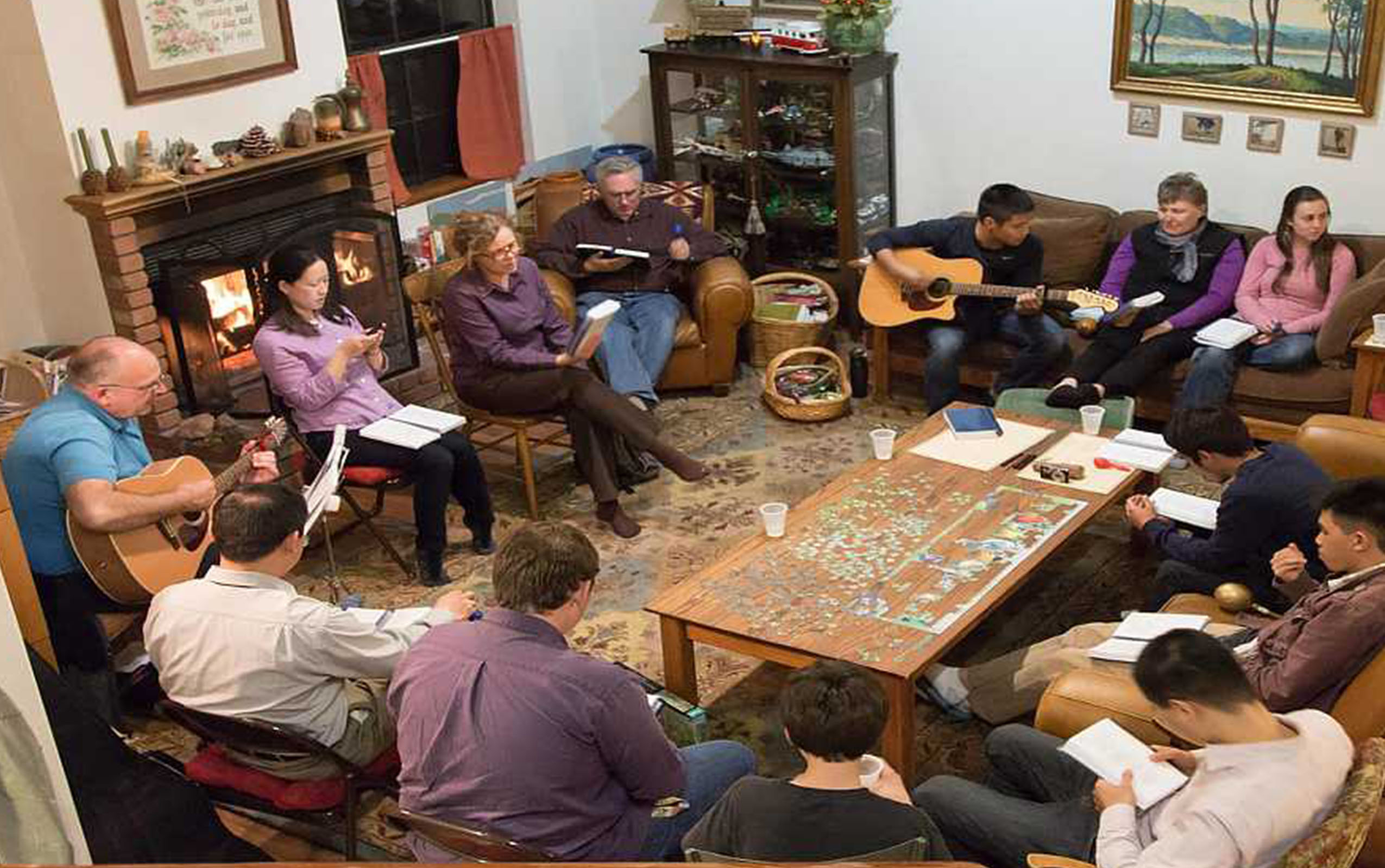I have struggled for 20 years (literally in 2025) with the fire in my bones to explore new forms of church that respond to the reality around us. The disengagement of men and now women (see this) in the institutional form of church has been the motivating factor in my life’s work. My primary passion is to restore the transformational culture of the church of the 1st century and see a viral welcoming into the Kingdom of God those far from God to the feet of Jesus.
It has been intellectually and emotionally painful. It has meant being misunderstood by leaders, churches, and ministries. It has required tremendous work to pay the bills while still being engaged on the front lines of the effort. It has meant painful conversations with people who I looked to for affirmation. It has led to confusion with my wife and kids. It has led to confusion in my own heart about whether I am hearing God or misunderstanding His leading!
This excerpt below this article is from a book by Dee Hock comforts me in a very deep place and helps me turn my bitterness and hurt into hope and compassion.
I hope it helps you, too!
Note: Dee Hock is not a follower of Jesus. As a matter of fact, I’d suspect he is a pantheist of sorts. But, he came way before his time and pioneered a change movement that collided with an institutional, top-down, command-and-control culture of industry that was just as stressful and challenging as the one we face as form of church re-formers. He feels what we feel when we lie in bed at night and wonder if we are unholy rebels. When we ask ourselves hard questions and examine our hearts, we make sure we are doing our best to pursue the calling God has placed deep inside our hearts and not from a heart of rebellion.We are not victims – we have been called by God to be reformers and revitalizers. Be at Peace. Love those who don’t get it. Stay pure and keep your motives checked. Band together with those who understand your call.
Let’s do this!
From Dee Hock’s “One From Many” Page 199-203
When our internal model of reality is in conflict with rapidly changing external realities, there are three fundamental ways to respond:
First: We can cling to our old internal model and attempt to impose it on external conditions in a futile attempt to make them conform to our expectations. That is what most institutions compel us to attempt and what we continually dissipate our ingenuity and ability trying to achieve. It is futile.
Second: We can engage in denial. We can refuse to accept the new external reality. We can pretend that external changes are not as profound as they really are, deny that we have an internal model, or that it bears examination. When the world about us appears to be irrational, erratic, and irresponsible, it is all too easy to blame others for the unpleasant, destructive things we experience. It is equally easy to abandon meaning, embrace fantasy, and engage in erratic behavior. Denial is also futile.
Third: We can attempt to understand and change our internal model of reality. That is the least common alternative, and for good reason. Changing an internal model of reality is extremely difficult, often terrifying, and always complex. It requires a meticulous, painful examination of beliefs. It requires fundamental understanding of consciousness and how it must change. It destroys our sense of time and place. It calls into question our very identity. We can never be sure of our place or our value in a new order of things. Changing our internal model of reality requires an enormous act of faith, for it requires time to develop, and we require time to grow into it. Yet it is the only workable solution.
Those with the greatest power and wealth and the most prominent place in the old order of things have the most to lose. It is, therefore, understandable that so many of them close their minds to different possibilities and cling tenaciously to the old order of things. It is understandable that they engage in cosmetic change to palliate their discomfort and placate critics. It is understandable that they seek one another and merge the institutions they control to amass more and more power and wealth in order to perpetuate that to which they cling. It is understandable that they blind themselves to the fact that they are attempting to preserve the form of things long after form no longer serves function, a certain formula for failure, since the closest thing to a law of nature in the organizational world is that form has an affinity for expense, while function has an affinity for income.
Those in positions of power, wealth, and prestige who tenaciously cling to the present order of things deserve understanding, not condemnation, for they intuitively sense what Machiavelli discovered five centuries ago when he wrote: “Nothing is more difficult to take in hand, more perilous to conduct or more uncertain of success, than to take the lead in the introduction of a new order of things.”
No one should be condemned for failure to welcome change. This pervasive problem plagues us all. Dostoyevsky put it into perspective in the last century when he wrote: “Taking a new step, uttering a new word is what people fear most.”
But, what if those with the greatest power, wealth, and position were to open their minds to new possibilities, loosen their tenacious grasp on the old order of things, abandon the palliative of cosmetic change, open their eyes to new forms of organization, seriously question and change their internal model of reality?What if they were to cage the four beasts that devour their keeper-ego, envy, avarice, and ambition-and take the lead in a new order of things? What if they were to go before and show the way? Now there’s a challenge worthy of both the best among them and the best within them. I know that they can. And I will never give up that belief, or hope, that in time, enough of them will.
Hock, Dee. One from Many: VISA and the Rise of Chaordic Organization . Kindle Edition.




